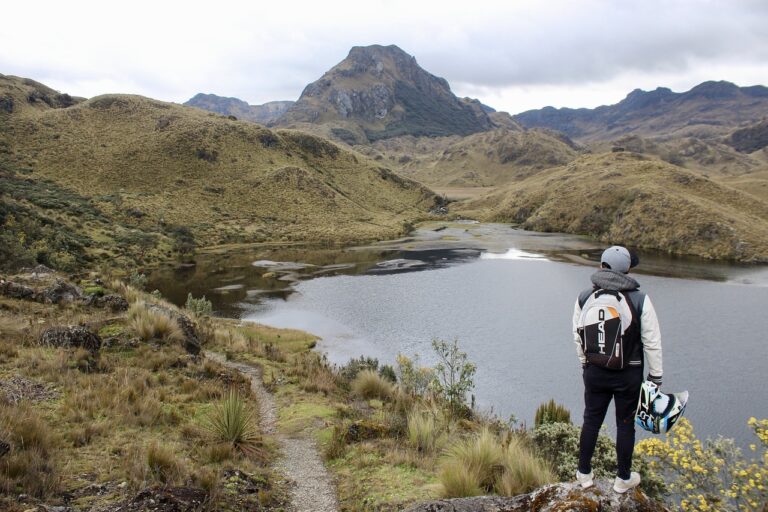Leveraging Virtual Reality for Career Exploration and Planning
Virtual Reality (VR) has emerged as a dynamic tool for career exploration in recent years. By immersing users in simulated environments, VR enables individuals to gain firsthand experiences in diverse industries without physically being present. This virtual experience can allow users to test out potential career paths, interact with virtual coworkers, and understand the day-to-day tasks associated with various professions.
Moreover, VR provides a unique opportunity for individuals to explore fields that may have been previously inaccessible or unfamiliar to them. Through interactive simulations and realistic scenarios, users can engage in tasks specific to different industries, gaining insight into what professions align with their interests and skill sets. The immersive nature of VR technology ignites curiosity and allows individuals to make more informed decisions about their career paths.
Benefits of Using Virtual Reality in Career Planning
Virtual reality (VR) is revolutionizing the way individuals explore potential career paths. By immersing users in realistic and interactive environments, VR allows for a firsthand experience of various industries and job roles. This experiential learning approach can provide invaluable insights into different career options, helping individuals make more informed decisions about their professional aspirations.
Furthermore, the use of VR in career planning can enhance skill development by offering practical simulations and training exercises. This hands-on approach allows individuals to test out their abilities in a safe and controlled environment, helping them identify strengths and areas for improvement. As a result, using VR for career exploration not only aids in decision-making but also facilitates personal growth and skill enhancement.
How Virtual Reality Can Help You Explore Different Industries
Virtual reality (VR) technology has increasingly become a valuable tool for individuals seeking to explore diverse industries. By immersing users in simulated environments, VR allows for an interactive and detailed exploration of various sectors such as healthcare, engineering, business, and more. Through VR simulations, individuals can experience firsthand what it is like to work in different industries, gaining insights that go beyond mere descriptions or visuals.
Moreover, VR technology enables users to engage in realistic scenarios and tasks specific to each industry, providing a practical understanding of the daily operations and challenges within a particular field. By offering a virtual experience that closely mirrors real-world settings, individuals can make more informed decisions about their career paths by assessing their interests and aptitudes in different industries. This hands-on approach to career exploration through VR can help individuals better understand the requirements and expectations of various professions, ultimately guiding them towards a fulfilling and suitable career choice.
How can virtual reality be used for career exploration?
Virtual reality can provide immersive experiences that allow individuals to virtually explore different industries and environments, giving them a better understanding of various career paths.
What are some benefits of using virtual reality in career planning?
Some benefits include the ability to test out different roles and industries without committing to anything, gaining a better understanding of job responsibilities, and experiencing realistic simulations of work environments.
How can virtual reality help individuals explore different industries?
Virtual reality technology allows individuals to virtually visit different workplaces, experience a day in the life of someone working in that industry, and interact with industry professionals to gain insights and advice.







